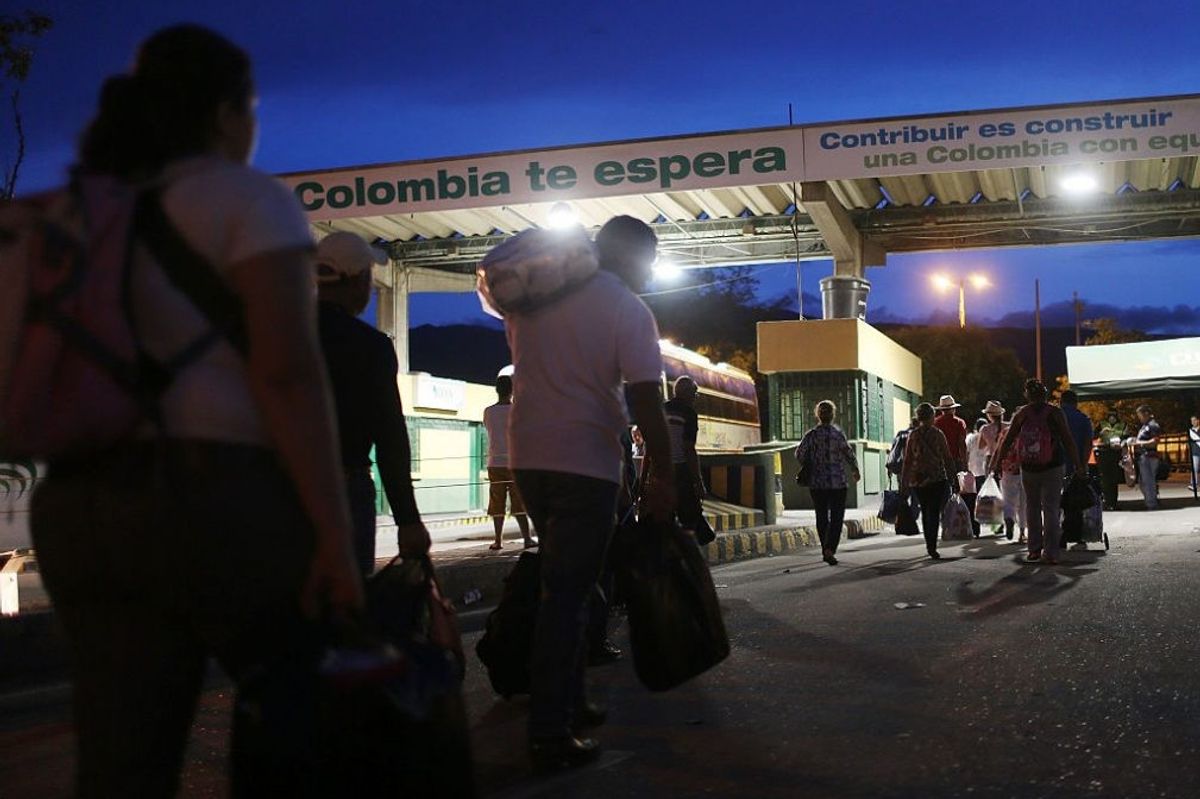The Olympic Games have been a nice distraction for Brazil but will leave the country with nothing gained – the negatives balancing out the positives – and needing to quickly refocus on its own political and economic misfortunes.
“The affect of the Olympics is almost null,” Director-General of the Rio-based BRICS Policy Center, Paulo Esteves, tells The Cipher Brief. Esteves says this is because Brazil will not receive “the recognition its elites wanted at the beginning of this process,” due to a political crisis, the economic situation that made it difficult to pull off the Games, and the Zika epidemic.
At the same time, Esteves notes that Brazil’s image will likely not be hurt by the Games. There are favorable images coming out of Rio as well, like “beautiful pictures of the actually very dirty Guanabara Bay,” says Esteves.
A post-Games plus is the legacy work that will remain after the athletes and tourists leave. Citizens of Rio de Janeiro “will be able to use some of the infrastructure built, such as a subway serving a part of the city, some new roads, etc.,” comments Phil Chicola, the former Chargé d’Affaires at the U.S. Embassy in Brasília, Brazil (2005-2006).
Esteves echoes that, saying, “These investments in infrastructure will definitely make the lives of citizens better.”
Still, the legacy projects are not all they could have been – or even all they currently seem. Paulo Sotero, Director of the Wilson Center’s Brazil Institute and a Brazil native, told The Cipher Brief, “The legacy of the Olympics will be small for most Rio residents. New developments associated with the Olympics are in the Western, most affluent part of the city.”
There are other downsides as well. Chicola points out that the main beneficiaries from the Games are the companies that built the infrastructure, and the Games will do little for the average Brazilian.
Esteves gives examples of a number of legacy projects that were not completed, like the cleaning up of the Guanabara Bay and an urban renewal of downtown Rio, which fell victim to the flight of private capital originally slated to be used in public-private partnerships. The money was withdrawn once Brazil’s economy started going downhill.
After the Games – Brazil needs to focus on getting its finances back in order. “The first priority is a fiscal adjustment,” says Esteves.
Robert Muggah, Director of Research at the Rio-based Igarapé Institute, tells The Cipher Brief that Brazilian GDP is expected to grow by just 0.5 percent in 2017, and joblessness is close to 11 percent. “There is an urgent need to address the severely deteriorating finances, reduce government expenses and domestic interest rates, restore debt sustainability, and develop a realistic plan to undertake pension reform,” Muggah says.
But these reforms are not popular. Suspended President Dilma Rousseff attempted fiscal adjustment during the beginning of her time in office, but she faced extreme opposition from all sides.
Interim President, and Rousseff’s former Vice President, Michel Temer will face opposition as well. However, Esteves notes Temer’s advantage is that “he managed to build up a majority in Parliament that will for some time support his proposals for reform.”
Timing is key, says Esteves, because if Temer does not implement measures that show the population the Brazilian economy will turn around in a timely manner, he will “face severe opposition in the streets and his support from Parliament will be eroded.”
This all depends on whether Temer retains power. After the Games conclude, Brazil’s Senate is scheduled to vote on whether to officially remove Rousseff from office. Although an affirmative vote is somewhat of a foregone conclusion – which means Temer will hold the reins until 2018 – there is still a minuscule possibility that Rousseff could be reinstalled as President.
If that happens, she will need to implement the same kind of economic overhaul a Temer-led government would likely embark upon. Yet she will face not only opposition from society, but also opposition from a majority of Parliament.
This scenario, though, is highly unlikely. “A two-thirds majority [in the Senate] is required to impeach Rousseff [and remove her from office], and most surveys predict her defeat,” explains Muggah.
When the Games end, “Brazilians will feel relieved and will go back to concentrating on what they have been concentrating on: the political crisis, ending corruption, and economics,” says Sotero.
Kaitlin Lavinder is a reporter at The Cipher Brief.










